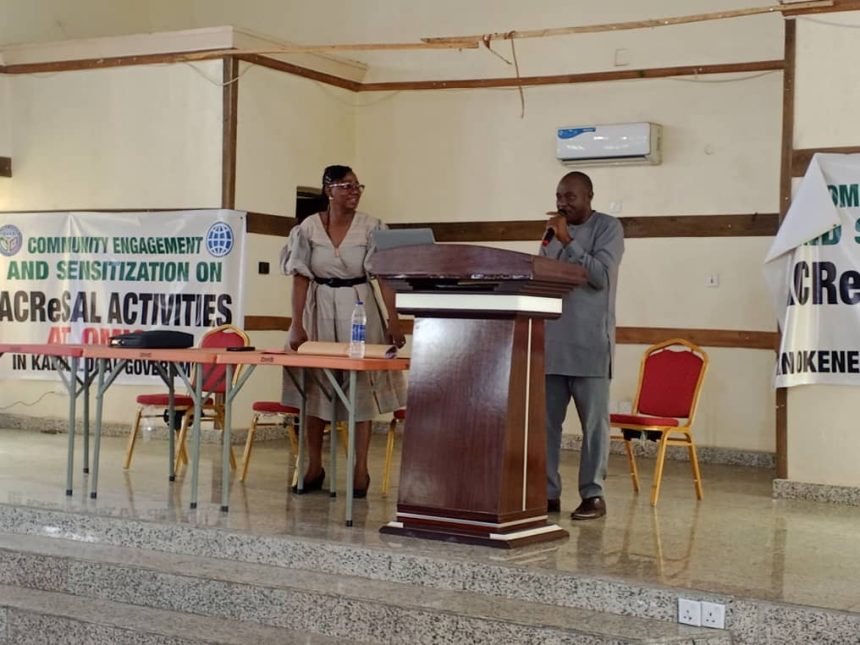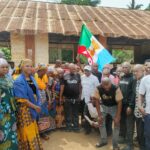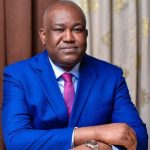By Victoria Okpanachi
The Agro-Climatic Resilience in Semi-Arid Landscapes (ACReSAL) Project in Kogi state, has intensified its community engagement drive with stakeholders in Okene, Kabba and Ankpa.
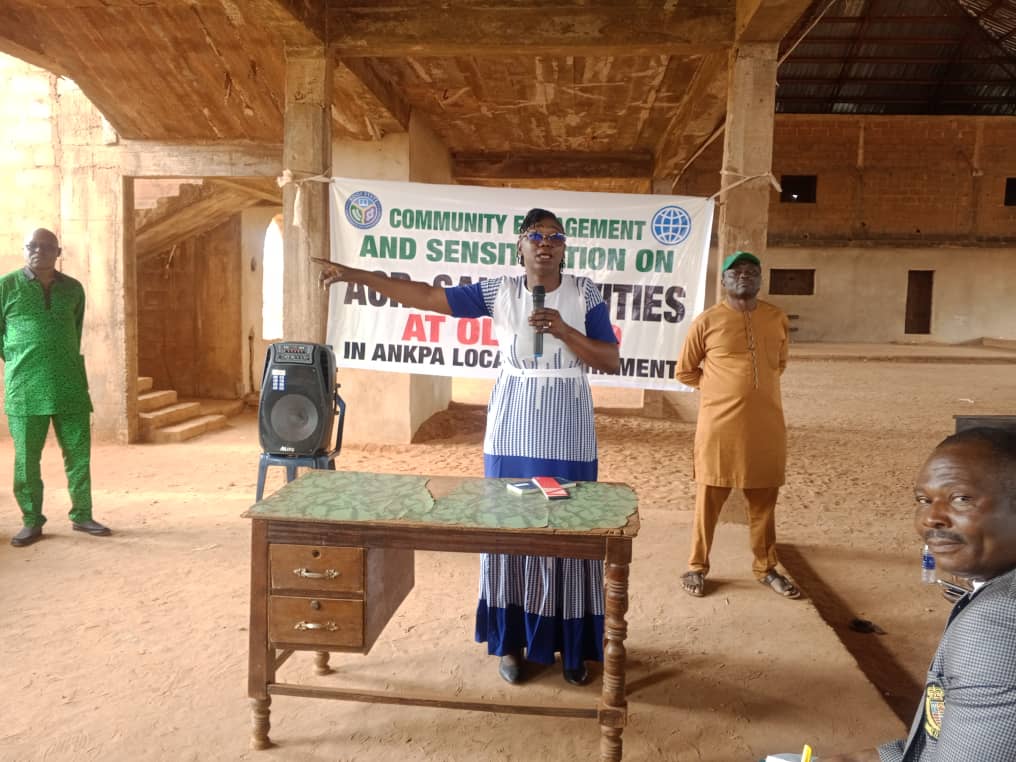
The sensitisation sessions, recently held across the three senatorial districts, were designed to enhance community participation, promote sustainability, and deepen awareness on the core principles guiding ongoing ACReSAL activities.
While delivering his lecture, Mr. Gabriel Faitui, an ACReSAL Consultant, explained that the initiative extends beyond environmental restoration of degraded lands and ensuring ecological balance to include supporting livelihoods and strengthening community resilience.
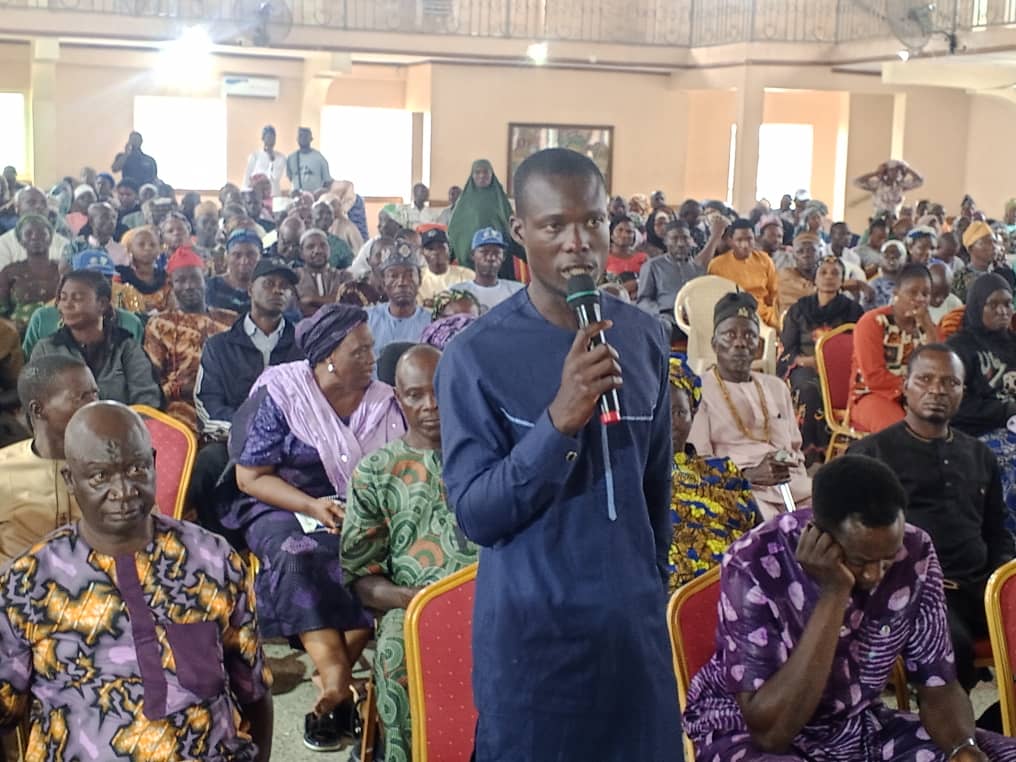
He reminded participants that the project has a defined lifespan, emphasising the need for strong systems, structures, and community ownership to sustain its impact beyond external support.
The consultant pointed out that the components of the ACReSAL Project were designed to address emergencies and crises that may arise during implementation, adding that close collaboration among community members is indispensable since the interventions directly affect their livelihoods.
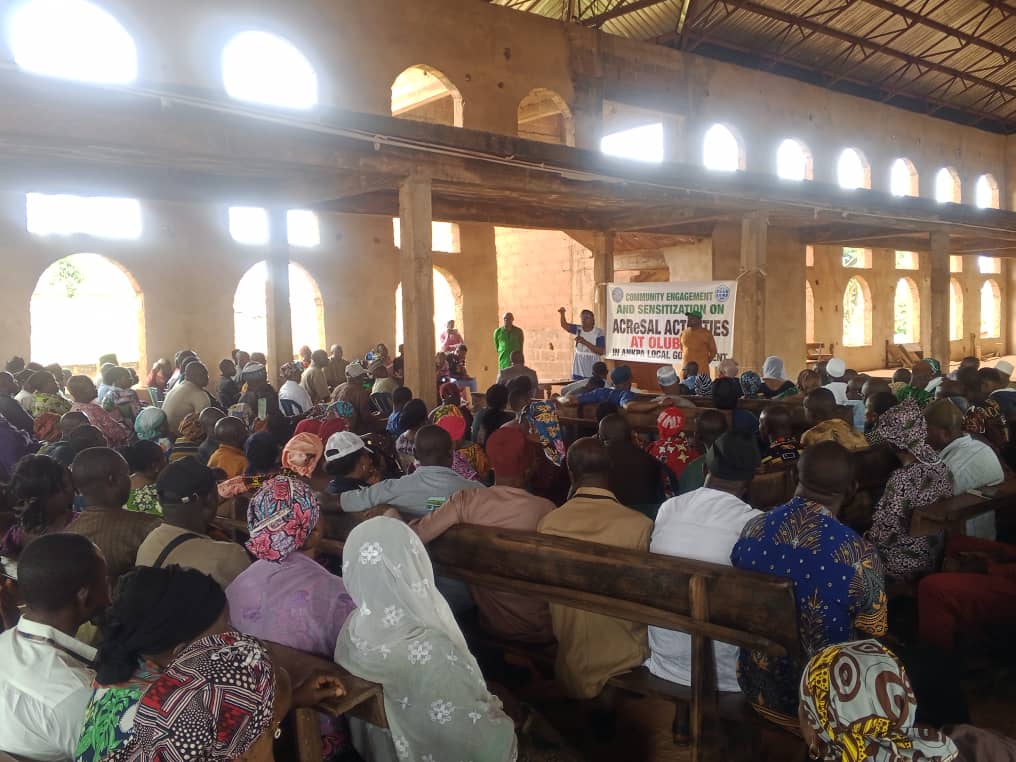
He emphasised that internal power struggles could hinder progress and urged the people to eliminate conflict in order to secure the sustainability of the project.
Mr. Faitui also advised stakeholders to embrace participatory planning by recognising different groups in their communities, listening to diverse perspectives, and pursuing only workable solutions.
Mrs. Vivien Yunusa, the Livelihood and Grievance Redress Specialist for Kogi State ACReSAL, underscored the need for continuous engagement with all stakeholders, particularly security agencies, to ensure that procedures are well understood.
According to her, grievance redress mechanism provides avenues for addressing complaints that may arise during the course of project execution.
She added that ACReSAL’s ongoing activities, which include support for farmers, dry season farming, agroforestry, tree planting, and the community revolving fund, require consistent sensitisation.
Without proper awareness, she warned, these interventions could trigger grievances, hence the need for transparency and inclusive communication at every stage.
Comrade JohnPaul Egwu and Mrs. Unekwu Achile, speaking on behalf of the beneficiaries, expressed gratitude to Kogi ACReSAL and the state government for the life-impacting initiative and pledged their commitment to ensuring the project’s sustainability.
ACReSAL Project has continued to strengthen its presence across communities in the state, with major ongoing initiatives currently taking place in Etahi, Omigbo, and Olubojo.


